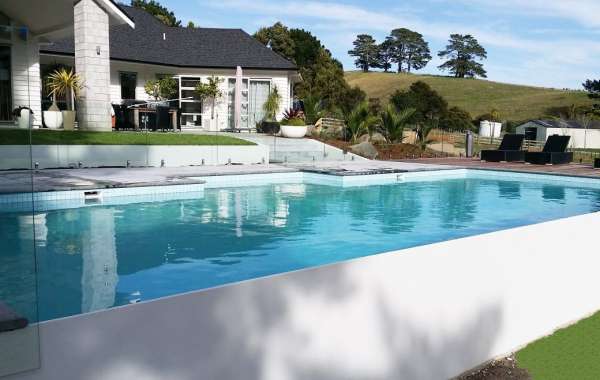Maintaining clean and clear water is essential for an enjoyable and safe swimming experience. The key to achieving this is a well-functioning pool filtration system. Understanding how these systems work and their various components can help you make informed decisions about maintaining and upgrading your pool. In this guide, we’ll delve into the essentials of pool filtration and provide you with all the information you need to keep your pool in top condition.
What is Pool Filtration?
Pool filtration is the process of removing debris, contaminants, and impurities from the pool water. This is achieved by circulating the water through a filter system that traps particles and keeps the water clean and clear. An effective pool filtration system is crucial for maintaining water quality, preventing algae growth, and ensuring a safe swimming environment.
Types of Pool Filtration Systems
There are three main types of pool filtration systems: sand, cartridge, and diatomaceous earth (DE) filters. Each type has its advantages and disadvantages, and understanding these can help you choose the best system for your pool.
Sand Filters
Sand filters are one of the most common types of pool filtration systems. They work by passing water through a bed of sand, which traps debris and particles. Sand filters are relatively easy to maintain and require backwashing to clean the sand bed periodically. However, they are less effective at capturing smaller particles compared to other types of filters.
Cartridge Filters
Cartridge filters use a replaceable cartridge made of pleated polyester or similar materials to trap debris. These filters are more effective than sand filters at capturing smaller particles and do not require backwashing. Instead, the cartridge is removed and cleaned or replaced when it becomes dirty. Cartridge filters are easy to maintain and provide excellent filtration performance.
Diatomaceous Earth (DE) Filters
DE filters offer the highest level of filtration, trapping the smallest particles. They use a fine powder made from fossilized diatoms to coat a grid inside the filter. Water passes through the DE-coated grid, capturing even the finest debris. DE filters require regular backwashing and the addition of new DE powder after each cleaning. While they offer superior filtration, they also require more maintenance and can be more expensive.
How Pool Filtration Systems Work
A pool filtration system operates in conjunction with the pool’s circulation system. Here’s a step-by-step overview of how it works:
- Circulation: The pool pump draws water from the pool through skimmers and main drains.
- Filtration: The water is then passed through the filter, where debris and particles are trapped.
- Return: The filtered water is returned to the pool through return jets.
This continuous cycle ensures that the pool water is constantly being cleaned and circulated, maintaining a healthy swimming environment.
Maintaining Your Pool Filtration System
Regular maintenance of your pool filtration system is essential to ensure it operates efficiently. Here are some key maintenance tasks:
Backwashing Sand and DE Filters
For sand and DE filters, backwashing is necessary to clean the filter media. This process involves reversing the flow of water through the filter to flush out trapped debris. For DE filters, you will also need to add new DE powder after backwashing.
Cleaning Cartridge Filters
Cartridge filters require periodic cleaning. Remove the cartridge and rinse it thoroughly with a hose to remove debris. For a more thorough cleaning, you can soak the cartridge in a filter cleaning solution. Replace the cartridge when it becomes too worn or damaged.
Regular Inspections
Regularly inspect your filtration system for signs of wear or damage. Check for leaks, cracks, or other issues that could affect performance. Ensuring that all components are in good working order will help maintain the efficiency of your pool filtration system.
Choosing the Right Pool Filtration System
Selecting the right pool filtration system depends on several factors, including the size of your pool, your budget, and your maintenance preferences. Here are some considerations:
- Pool Size: Larger pools require more powerful filtration systems to handle the volume of water.
- Budget: Sand filters are typically the most affordable option, while DE filters are more expensive but offer superior filtration.
- Maintenance: Consider how much time you are willing to spend on maintenance. Cartridge filters are easy to clean, while DE filters require more frequent and detailed maintenance.
Upgrading Your Pool Filtration System
If your current filtration system is not meeting your needs, upgrading to a more efficient system can improve water quality and reduce maintenance. At Pacific Pools, we offer a range of pool filtration systems and expert advice to help you choose the best option for your pool. Our team can handle the installation and provide ongoing maintenance to ensure optimal performance.
Conclusion
Understanding pool filtration systems is essential for maintaining a clean, safe, and enjoyable swimming environment. By choosing the right system and keeping up with regular maintenance, you can ensure that your pool water remains crystal clear. At Pacific Pools, we are committed to providing top-quality pool filtration systems and services to help you get the most out of your pool.







